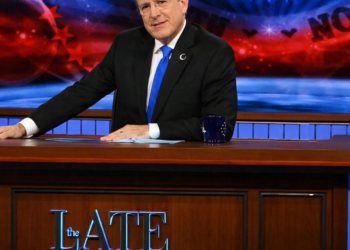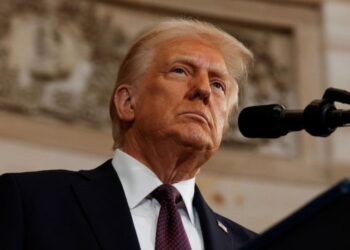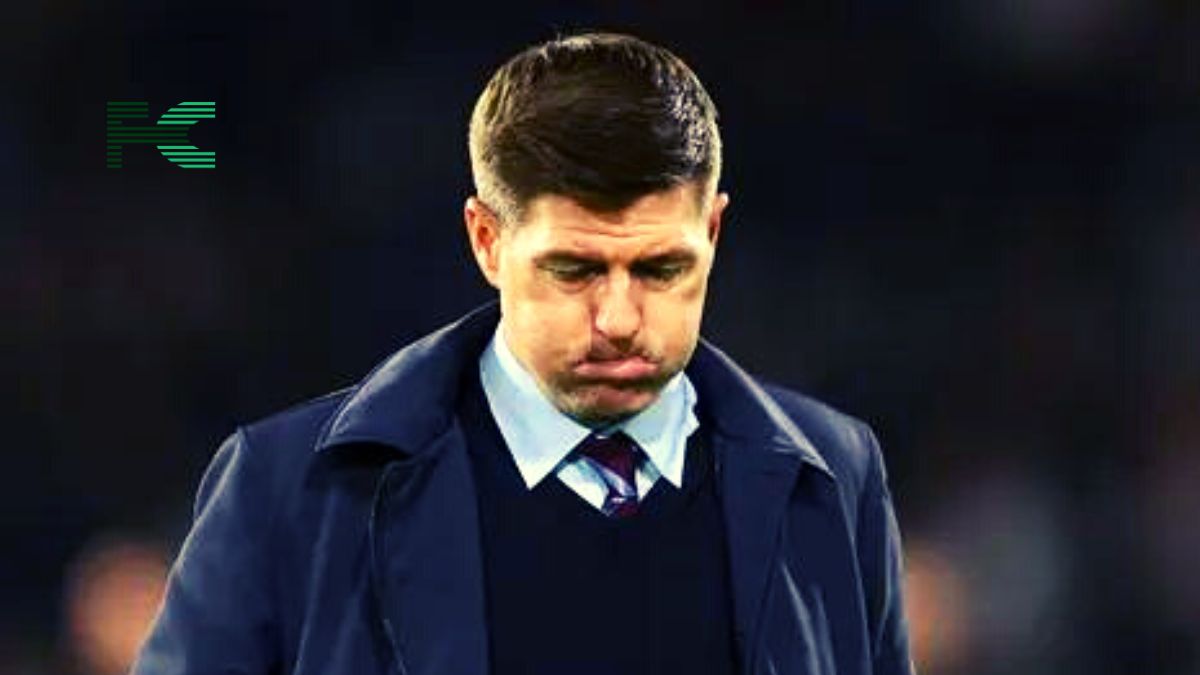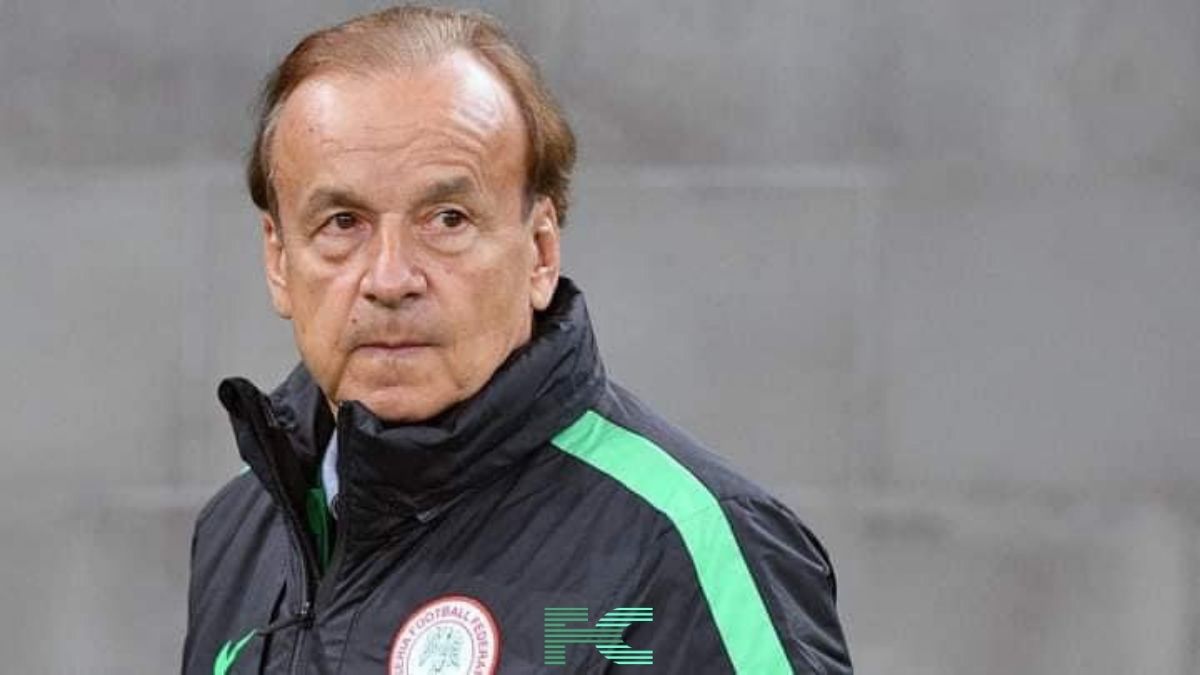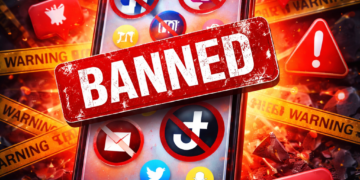As the war between Israel and Hamas continues to dominate global attention, mass protests erupted across several cities on the eve of the first anniversary of Hamas’ October 7th attack. This was the attack that ignited a new and deadly phase of the Gaza war, leaving nations divided, protesters defiant, and world leaders struggling for solutions.
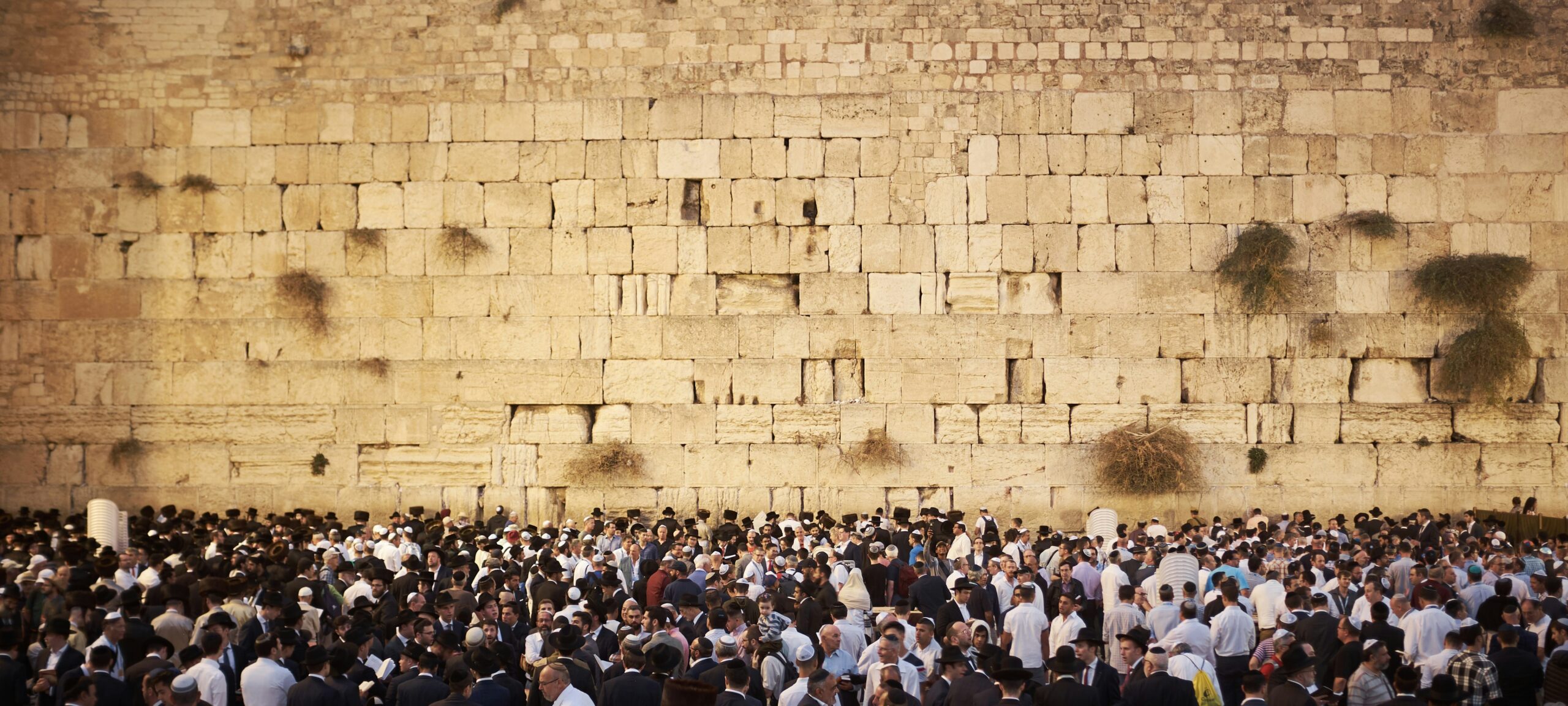
The Global Stage of Protests
From Jakarta to Istanbul and Rabat, pro-Palestinian demonstrations flooded the streets. Protesters voiced their anger over Israel’s military actions in Gaza and Lebanon, with scenes of solidarity ringing out across multiple cities. In Istanbul, Ahmet Unal, one of the thousands present, declared that they had come to show support for the Palestinian resistance—a sentiment stated by others throughout the world.
Yet, in Paris, it was a solemn gathering. The Jewish community marked the tragic one-year anniversary of the Hamas assault, which claimed over 1,200 lives and saw about 250 hostages taken by the militant group. As Israel launched retaliatory strikes against Gaza, it’s estimated that nearly 42,000 Palestinians have been killed, according to Gaza’s health ministry. The devastation continues, with the war obliterating vast parts of the enclave.
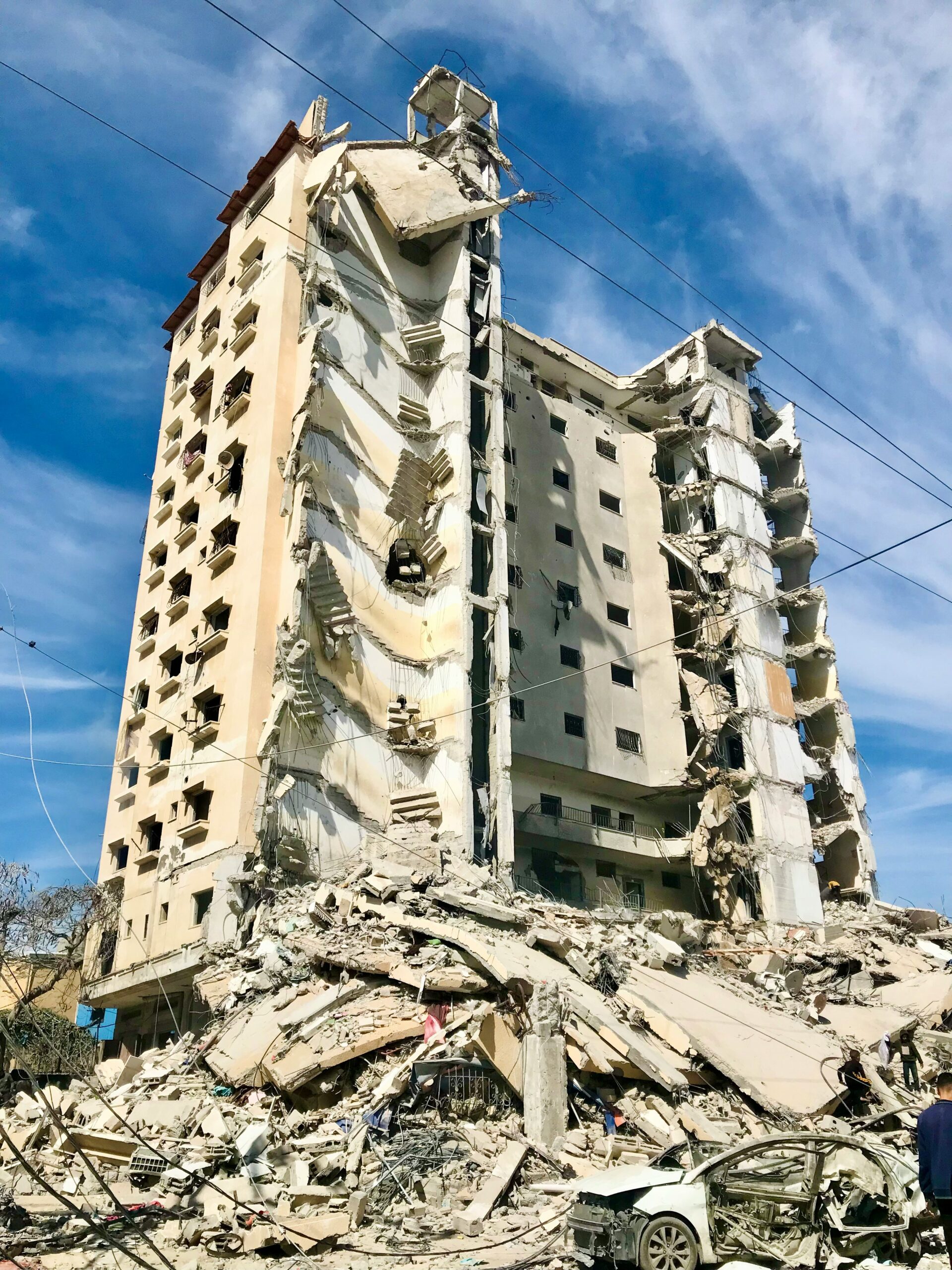
Israel Strikes Lebanon—The Regional Conflict Expands
The Gaza conflict isn’t confined to just two parties. Overnight airstrikes launched by Israel targeted southern Beirut, escalating tensions with Hezbollah, the Iranian-backed militia group in Lebanon. These bombardments have been the heaviest seen in Beirut in recent weeks, as Israel’s military aims to counter threats posed by its northern neighbor.
Prime Minister Benjamin Netanyahu, amid the growing international outcry, stands by his decision to wage a relentless campaign against Hamas, insisting it’s essential to prevent future attacks like the infamous October 7th assault. He continues to justify the bombardments in Gaza and the expanding strikes in Lebanon as necessary acts of defense.
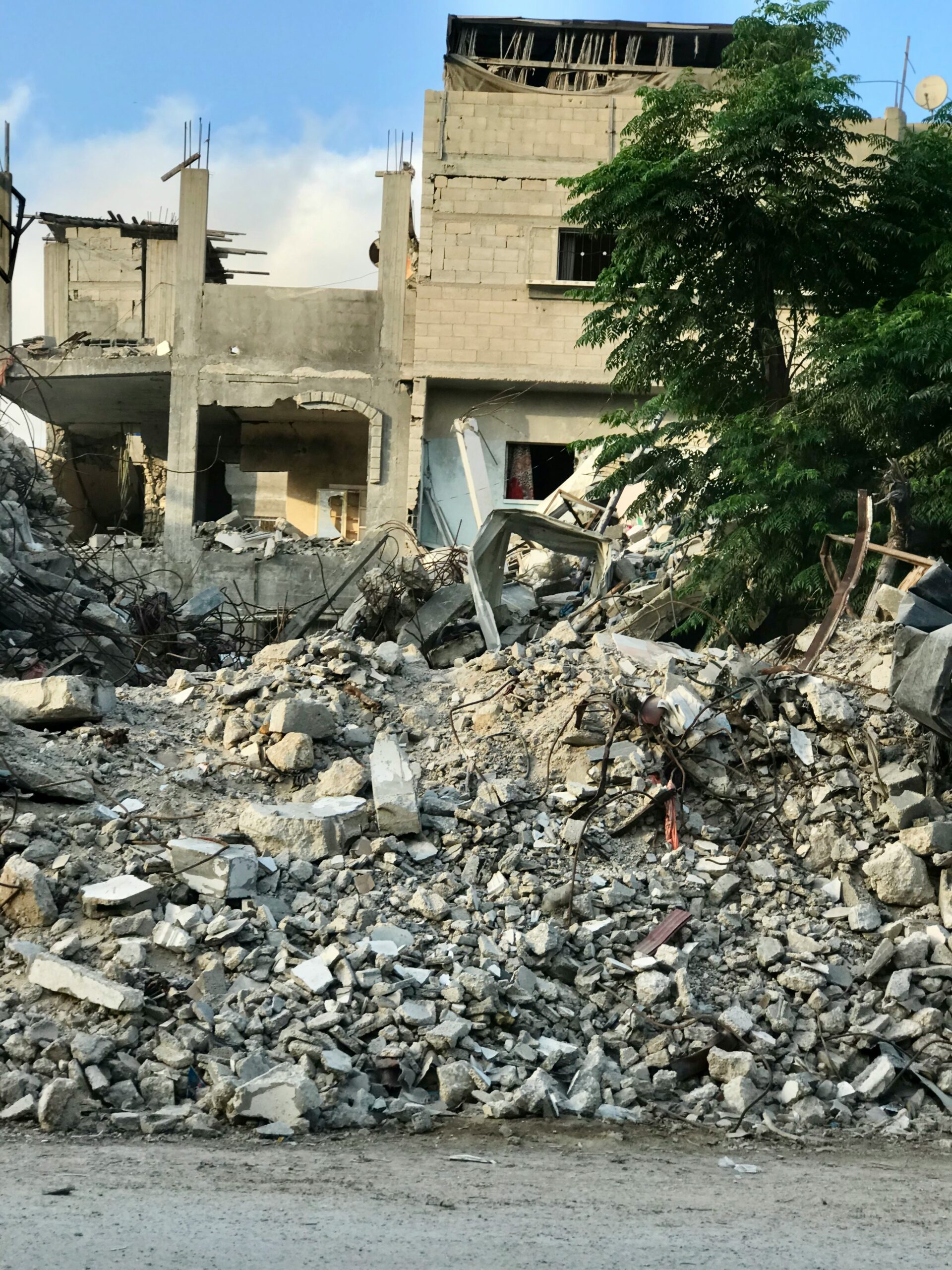
A Year of Global Protests—And the Divisions Are Deepening
As the war rages, the world seems more divided than ever. In Indonesia, a country with the world’s largest Muslim population, over a thousand demonstrators gathered outside the U.S. embassy in Jakarta, demanding that Washington halt its military aid to Israel. In Sydney, pro-Palestinian chants filled the air, but not without incident—one protester was arrested for waving an Israeli flag adorned with a swastika, turning a display of solidarity into a hateful provocation.
Meanwhile, in Morocco, one of the largest protests since the war began took place. Thousands of Moroccans marched through Rabat, chanting slogans like “No to normalization, Palestine is not for sale,” condemning their country’s diplomatic ties with Israel. It’s clear that the war is not only about Israel and Gaza anymore—it’s shaping global diplomacy and igniting a sense of urgency in far-flung countries.
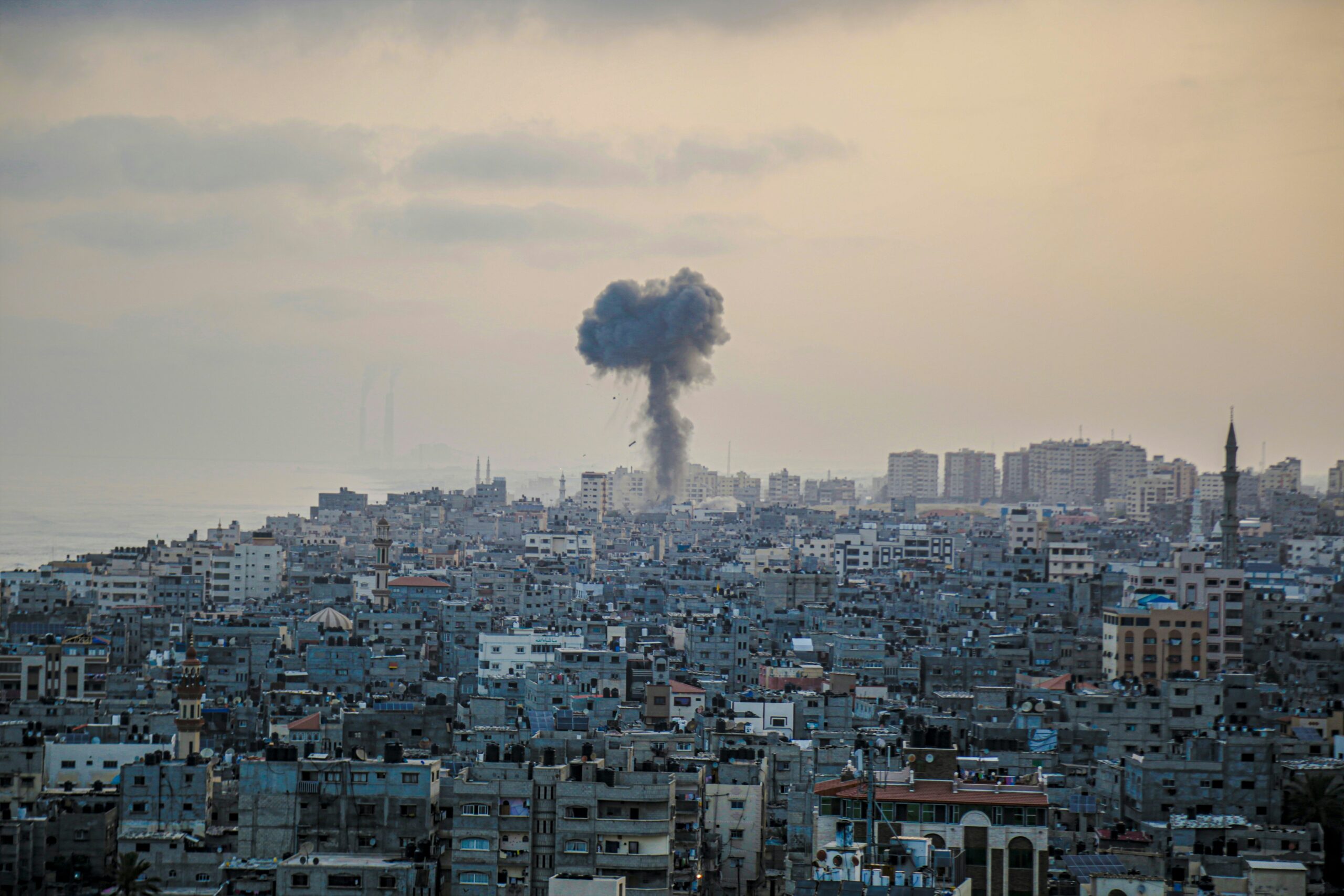
International Condemnation—And Still No Peace
As the bombs continue to fall, Israel faces widespread international condemnation for its actions in Gaza and Lebanon. The United States and its allies continue to support Israel’s right to defend itself, but the mounting civilian casualties and widespread destruction have drawn sharp rebukes from other nations.
Rights advocates, meanwhile, have raised concerns about rising antisemitic and Islamophobic rhetoric across protests worldwide. This war, now a year in, is not just a battle for territory—it’s becoming a flashpoint for identity, religion, and global alliances.
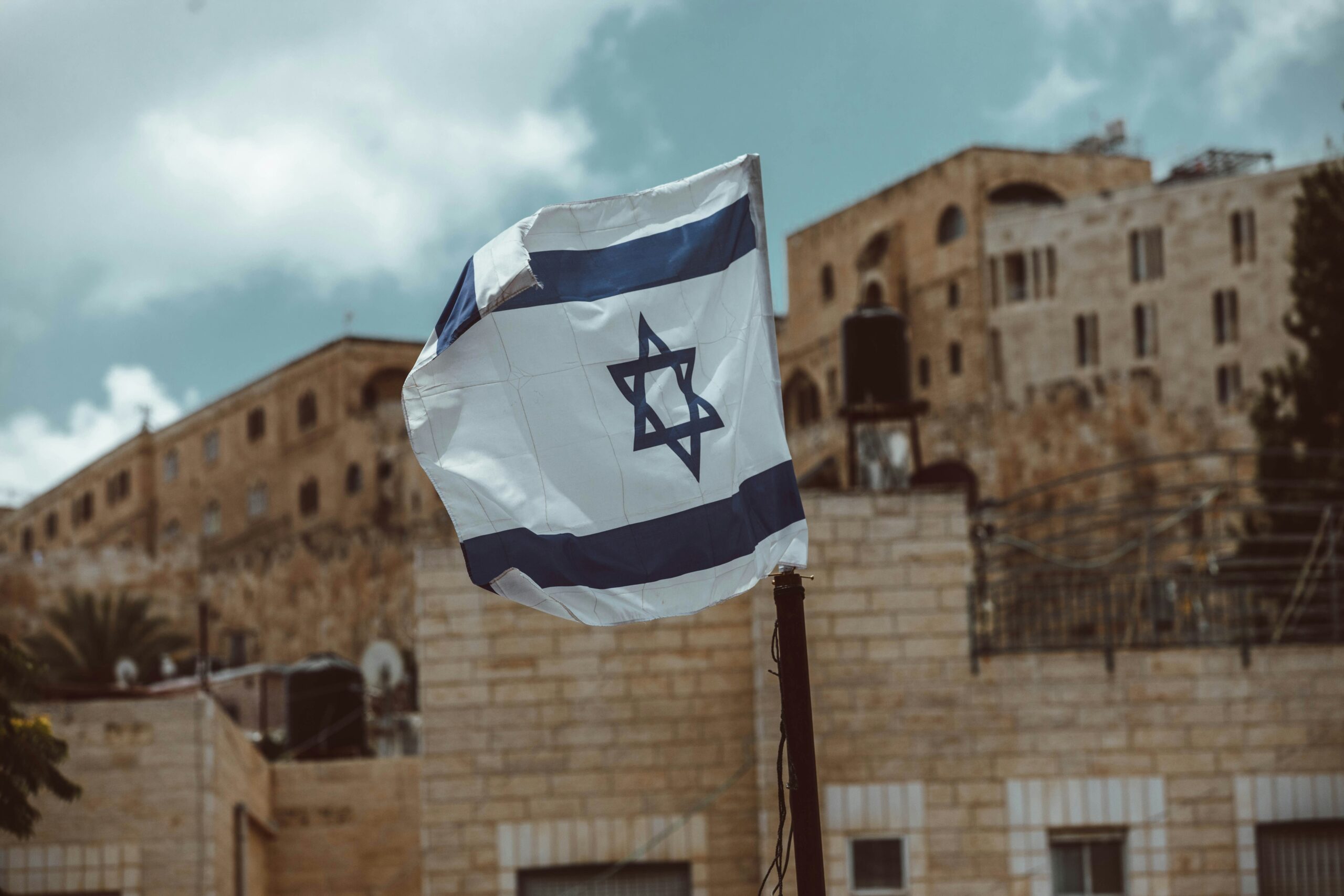
The Futility of Endless Conflict
Thousands dead, entire cities razed, and the world watching, largely helpless. Leaders on both sides are digging in their heels, but at what cost? Netanyahu’s promise to prevent another attack sounds noble in theory, but it comes with the reality of continued bloodshed. As for Hamas, hiding behind the suffering of innocent Palestinians, their fight for “resistance” is turning Gaza into a graveyard.
What we are witnessing is not a struggle for peace, but a perpetuation of violence. The protests worldwide show that people care deeply, but does any of this really matter if the leaders remain as intransigent as ever?



